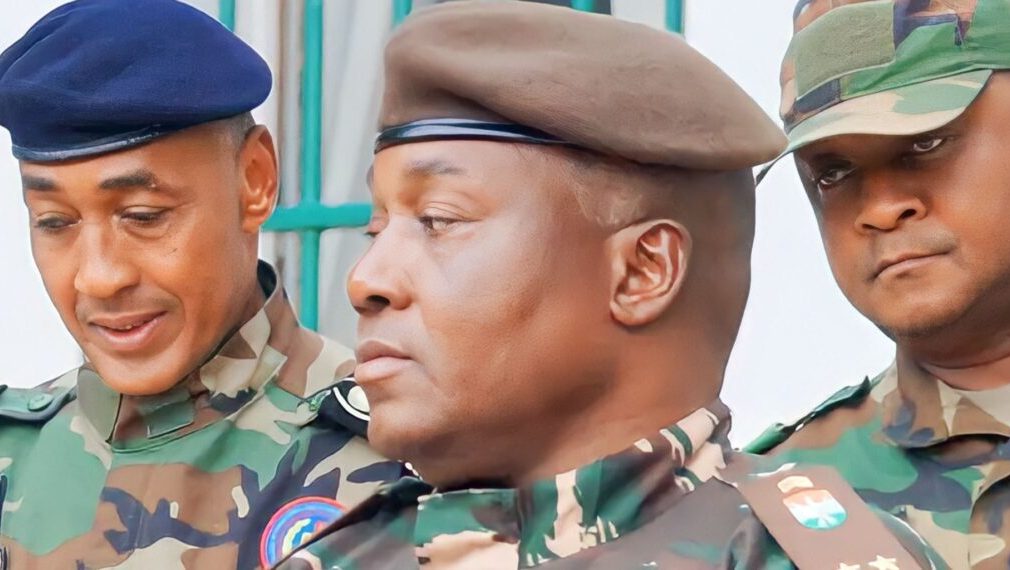Niger, Mali and Burkina Faso on Sunday announced their withdrawal from the West African sub-regional bloc, ECOWAS.
The West African countries are currently led by soldiers following coups that ousted the civilian leadership in the countries with Niger being the latest.
According to an Associated Press report, the juntas in the three countries accused ECOWAS of “inhumane” sanctions imposed on them to reverse the coups.
In a joint statement read on state television, they said they have “decided in complete sovereignty on the immediate withdrawal of Burkina Faso, Mali and Niger from the Economic Community of West African States (ECOWAS), alleging that the bloc has “moved away from the ideals of its founding fathers and pan-Africanism” after nearly 50 years of its establishment.
“Furthermore, ECOWAS, under the influence of foreign powers, betraying its founding principles, has become a threat to its member states and its populations whose happiness it is supposed to ensure,” AP quoted their statements as saying.
The announcement is the latest development following a series of efforts by the regional bloc to return the countries to civilian rule.
ECOWAS imposed sanctions on the countries following the coups there but has sustained negotiations and demanded transitions to civilian rule.
An ECOWAS ministerial mission was due to visit Niamey on 25 January but that did not happen.
“The Community delegation waited the whole of Thursday at the Abuja airport, in readiness to fly to Niamey. Unfortunately, owing to technical issues with the aircraft chartered by the Commission, the special flight scheduled to convey the ECOWAS delegation could not depart Abuja for Niamey,” ECOWAS explained in a statement.
The bloc said it regretted the meeting could not happen but was ready to find a new date to field the mission as soon as possible.
“ECOWAS remains committed to finding a negotiated settlement to the political challenges in the sub-region,” it added.

